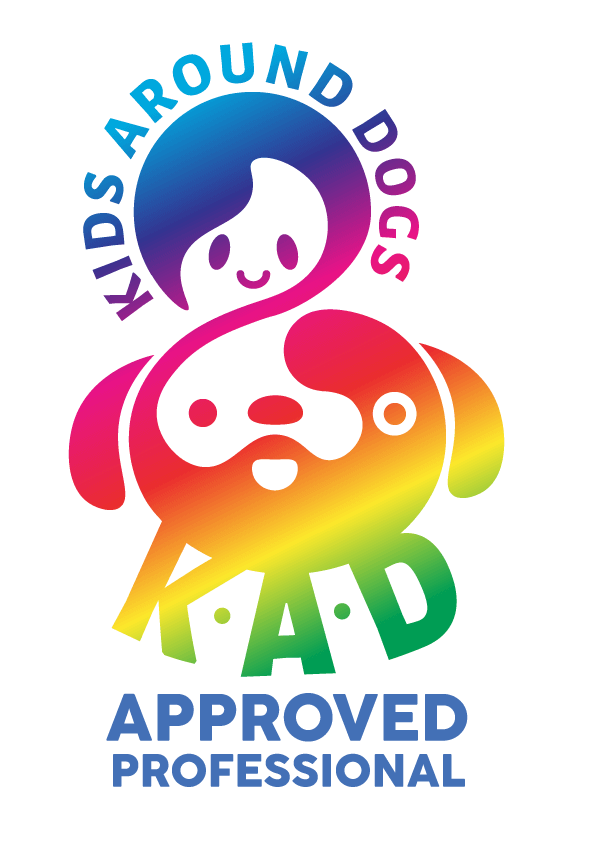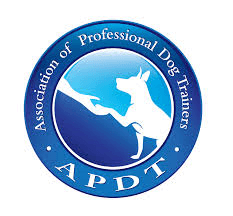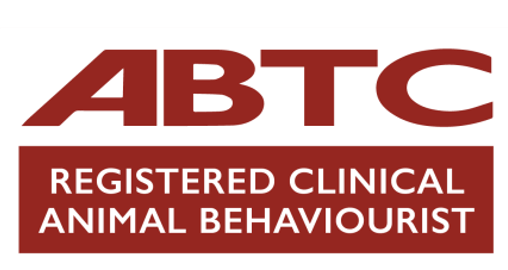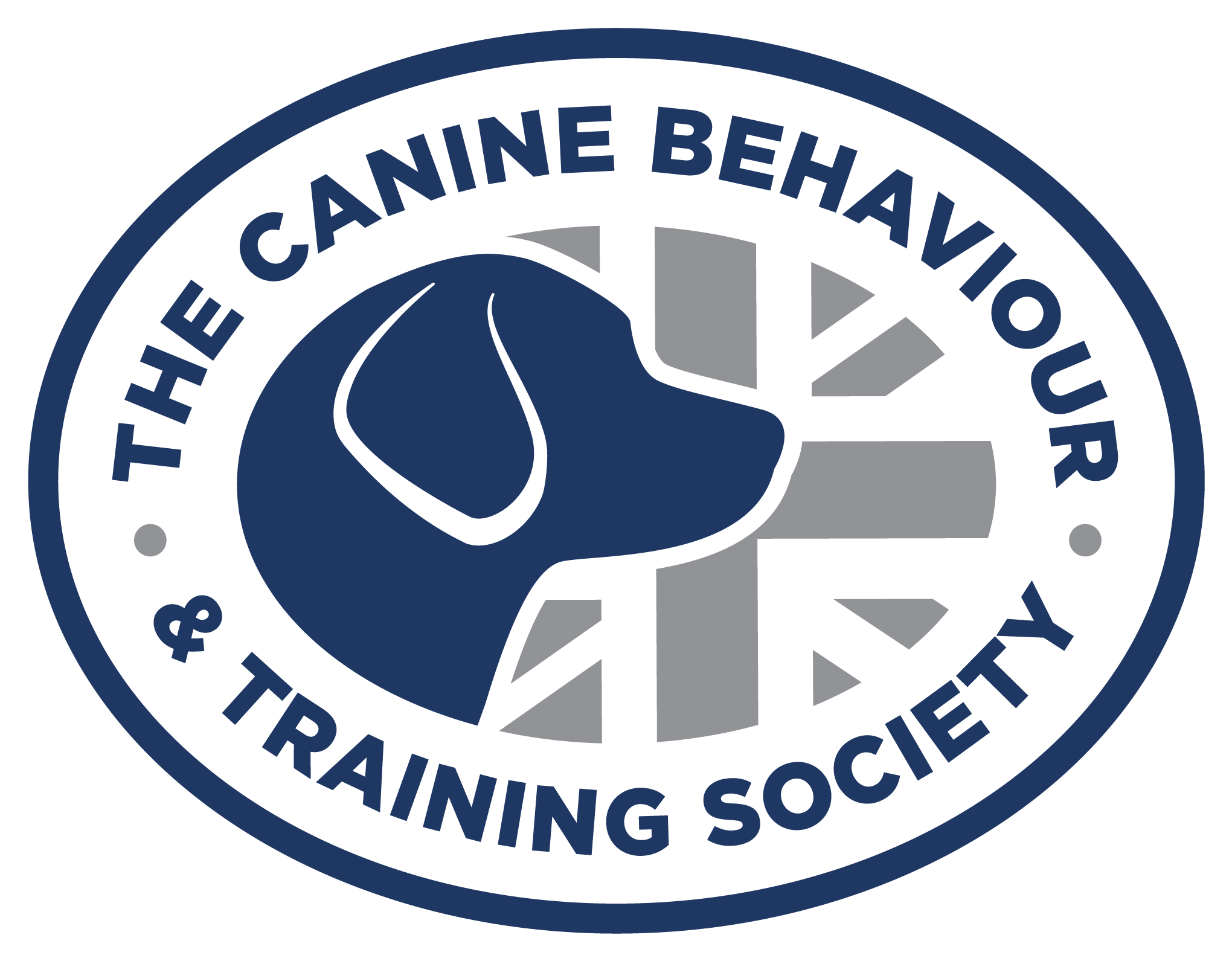This week I was having a chat with a client who was trying to understand why her dog was struggling to perform some well practiced behaviours in and around her home environment but not in class – and this prompted my post on the importance of generalising the behaviours we want our pets to do.
What is generalisation and how does it apply in dog training?
Generalisation is the ability to see a relationship between things. For example, for the first few weeks we had our new rescue dog Hattie, she would rush to the front door when she heard the door bell ring but would also rush to the front door when my 16 month old would press the Big Ben button on his noisy-book. This means Hattie had connected the sound of the two rings to the door; the rings sounded similar so she performed the same behaviour.
When we are training our dog a new behaviour such as a ‘sit’, we would do so in the least distracting environment – one which we could control – such as our lounge at home to set our pet up for success, and we continue to practice in this least distracting environment until the dog ‘gets’ the behaviour. Once the sit becomes reliable in the lounge, we then start to train in other rooms, then the garden and progress to outside like the park. Hence, we would work on the sit in various environments and with differing levels of distraction, or for differing levels of duration and at different distances, raising and lowering the criteria appropriately. This means, in the end, the dog knows that “Sit” (or whatever behaviour we are working on) means he should sit – whether he is home, in the pub, on the high street or in the park while birds are pottering around because the sit has been well-generalised.
It is our goal as owners and trainers to teach our pets that a cue and its associated behaviour applies in more than one environment. Otherwise we end up with the situation where I often hear an owner say “But he does it at home!”.
Just because we train a behaviour, we should not expect our dog to perform that behaviour everywhere and at anytime simply because we have told them to do it. If a behaviour has not been well-generalised then the dog will not perform. And, that is not because the dog is being stubborn, naughty or dominant, it is typically due to the fact they just did not know the behaviour to the degree that the owner thought their pet did! Learning to sit for three seconds in the kitchen when the house is quiet is not the same as asking the dog to sit in a crowded outdoor shopping centre, when you are attempting to have a chat in the park with another dog walker and their pet – or – in a busy training classroom environment where there are new and or interesting (and potentially scary) sights, sounds, smells and textures to walk on.
If your dog cannot perform the behaviour you are after in varied environments, then they need our help to become successful and that is where strategic training comes into play, rather than just more training. Good luck and happy training.
Learn more about our classes
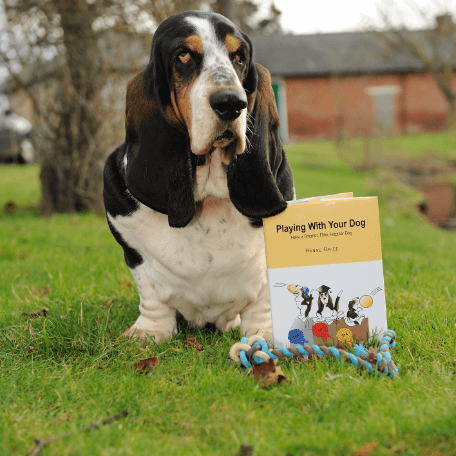
Get Hanne's Book
Playing With Your Dog will help any dog owner work out the games that are best suited for their pet to play throughout his life, from puppyhood to old age. The book also shares some tricks for all ages, group activities, and recommended toys that dogs will enjoy.















